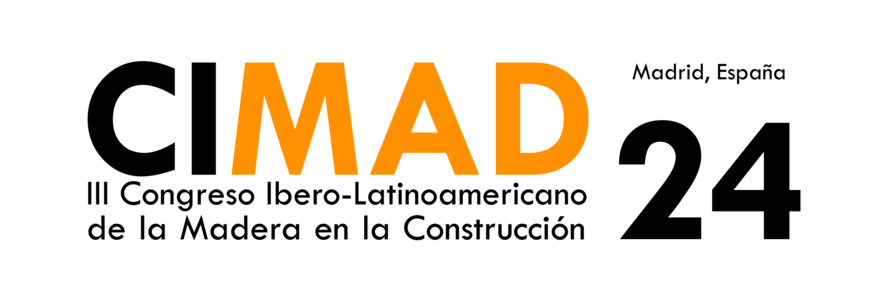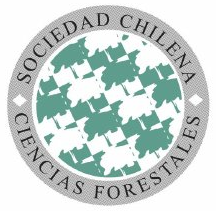Drying strategies capable of reducing the stress level of a stack of boards as defined by a comprehensive dual scale model
Keywords:
wood drying, stack of boards, dual scale model, drying schedule, drying stressAbstract
During drying, stresses and deformations develop in a wood board due to shrinkage fields which result from moisture content and temperature field variations. In spite of numerous works done in wood drying modelling in the last decades, wood drying optimisation based on modelling and simulation remains far from initial expectations. Two main reasons can explain this assessment: the huge variability of wood and the variations in drying conditions throughout the board stack in a dryer.
To address these two key problems, we used a dual scale numerical tool able to compute simultaneously the stress and deformation of hundreds of boards in the stack during drying. A rigorous one-dimensional mechanical formulation, based on previous works, has been used for calculating stress and deformation during drying. The mechanical model is fitted into a module and then added to a dual scale (boardstack) model. This numerical tool has been used to improve the drying schedules recommended by the Technical Centre for Wood and Furniture in France (CTBA) for spruce. The proposed drying schedules allow the board quality to be improved. Note that the optimisation was limited to medium temperature values, so that the proposed schedule can be applied to conventional kilns.

































